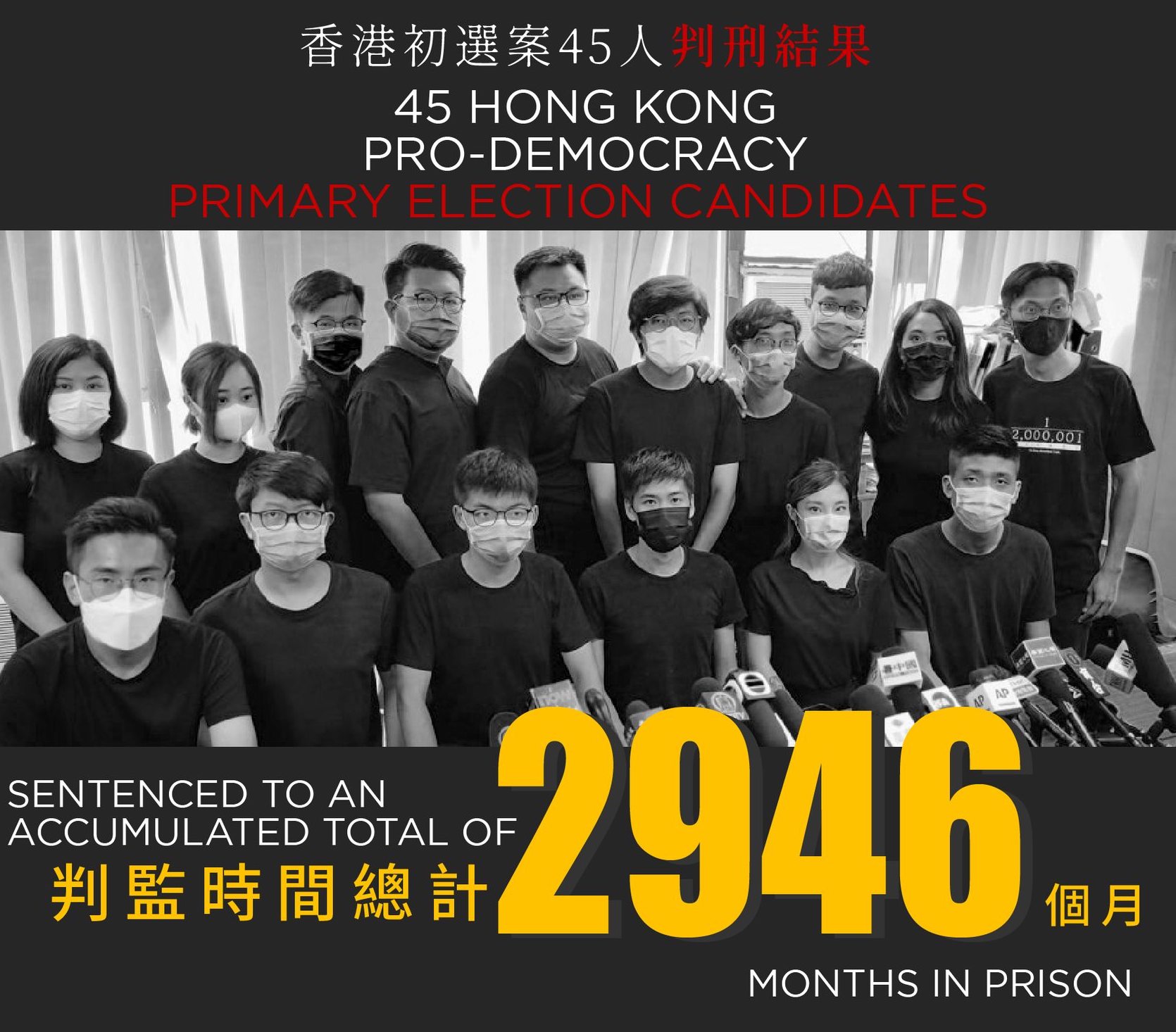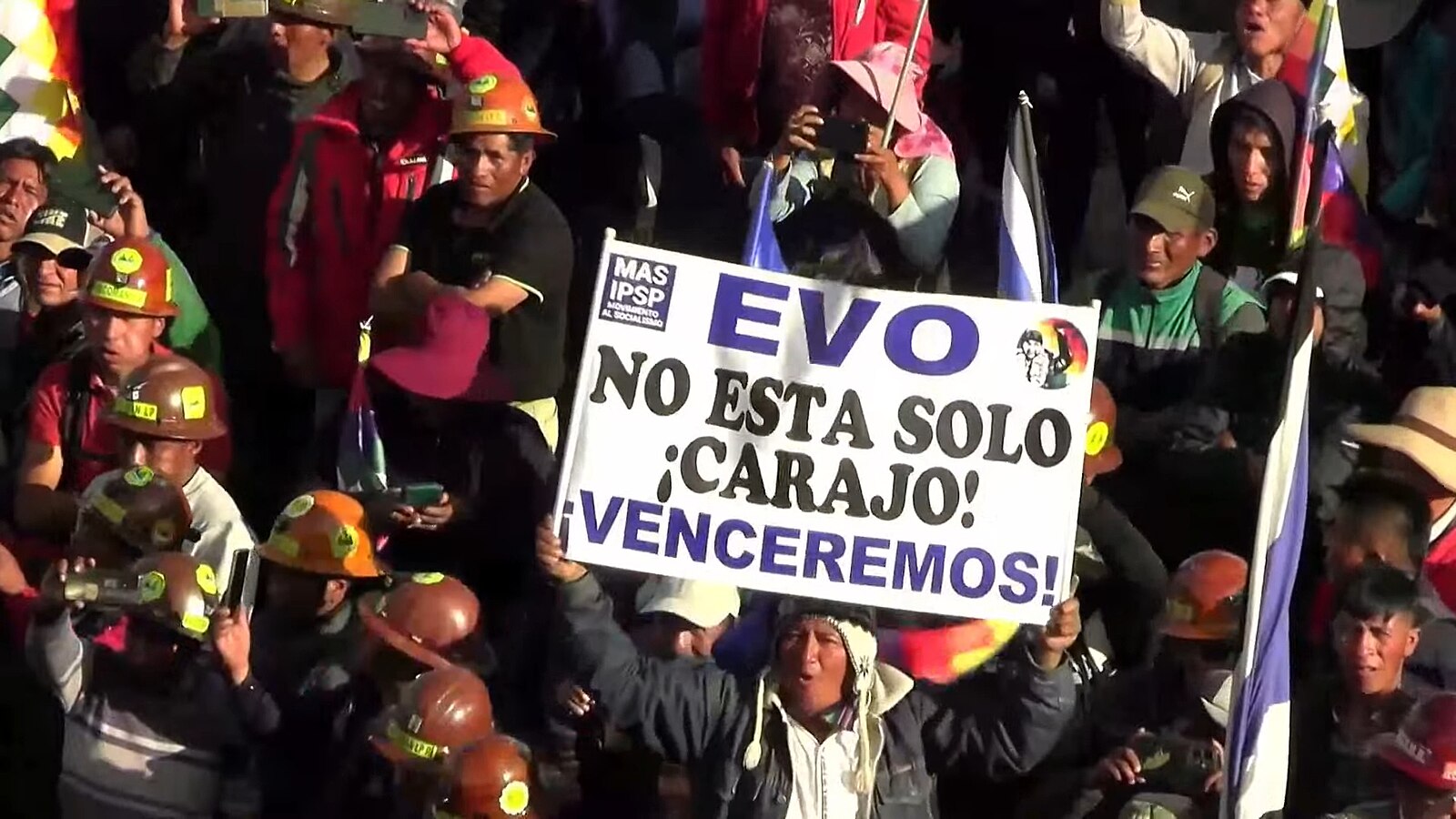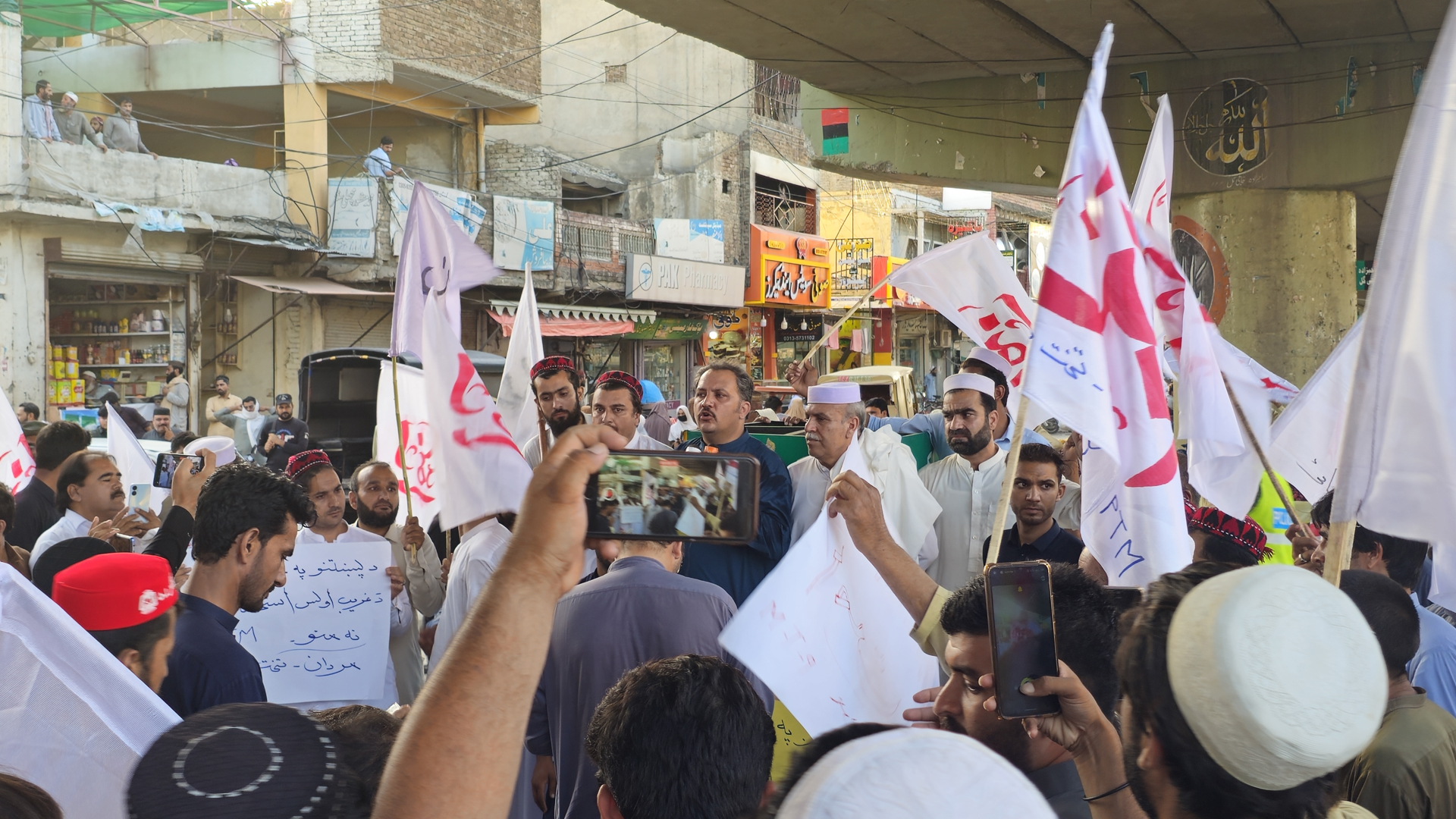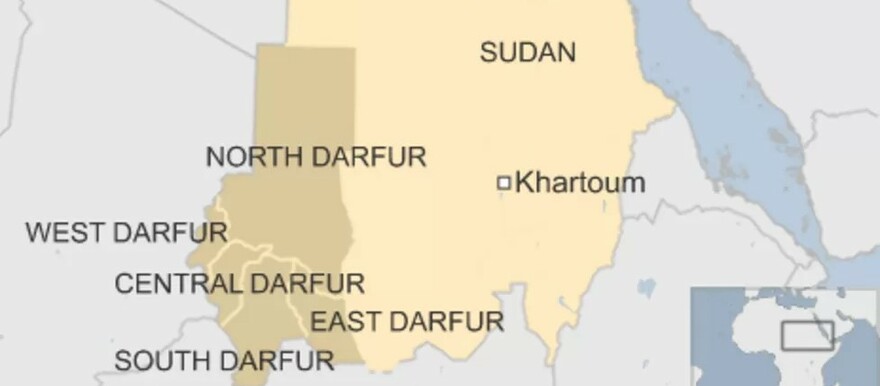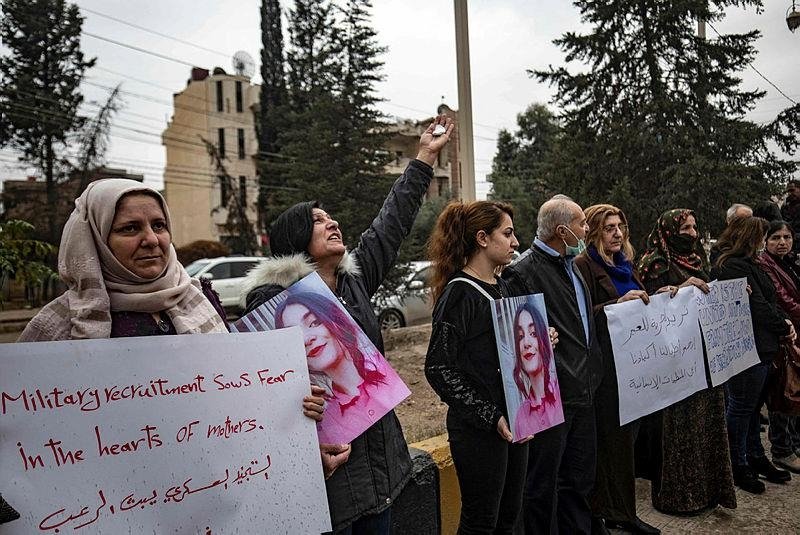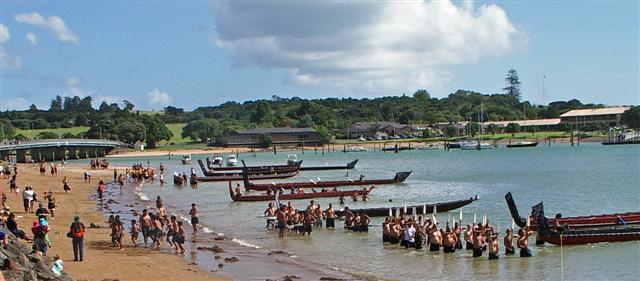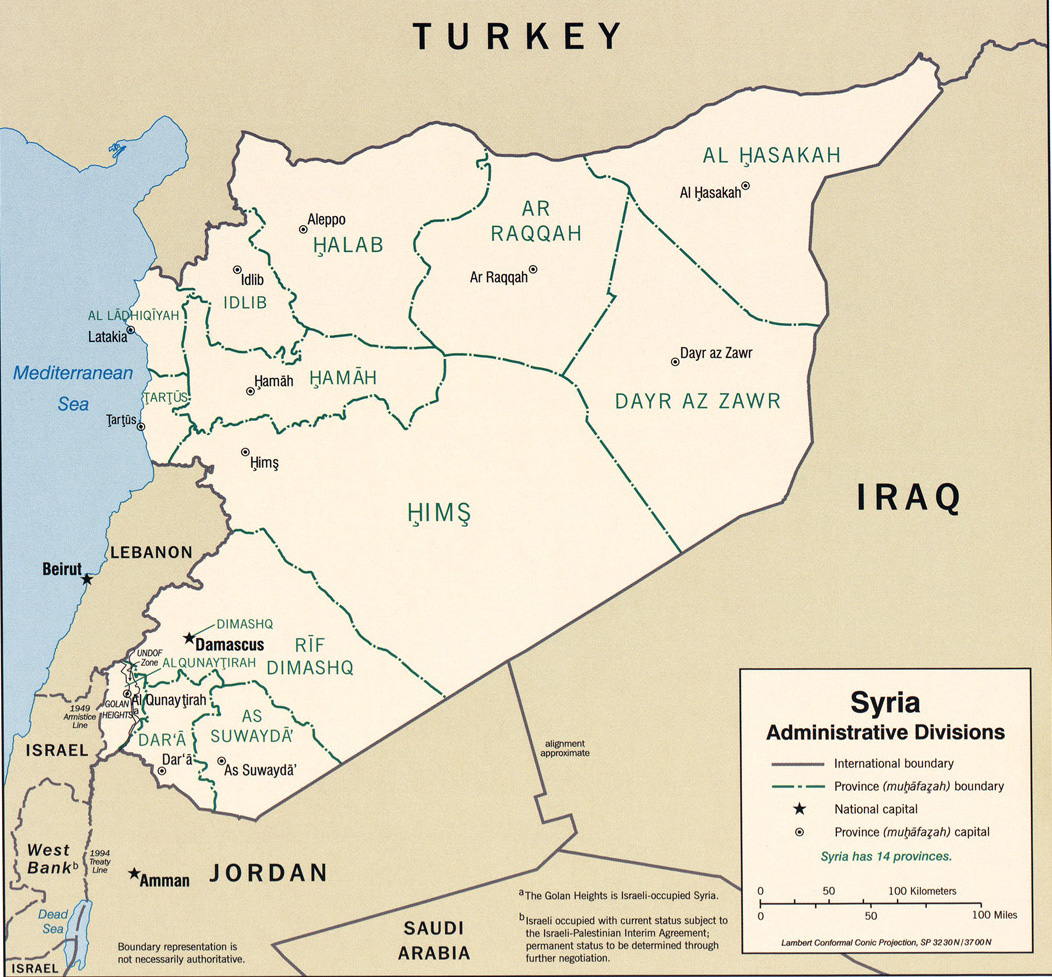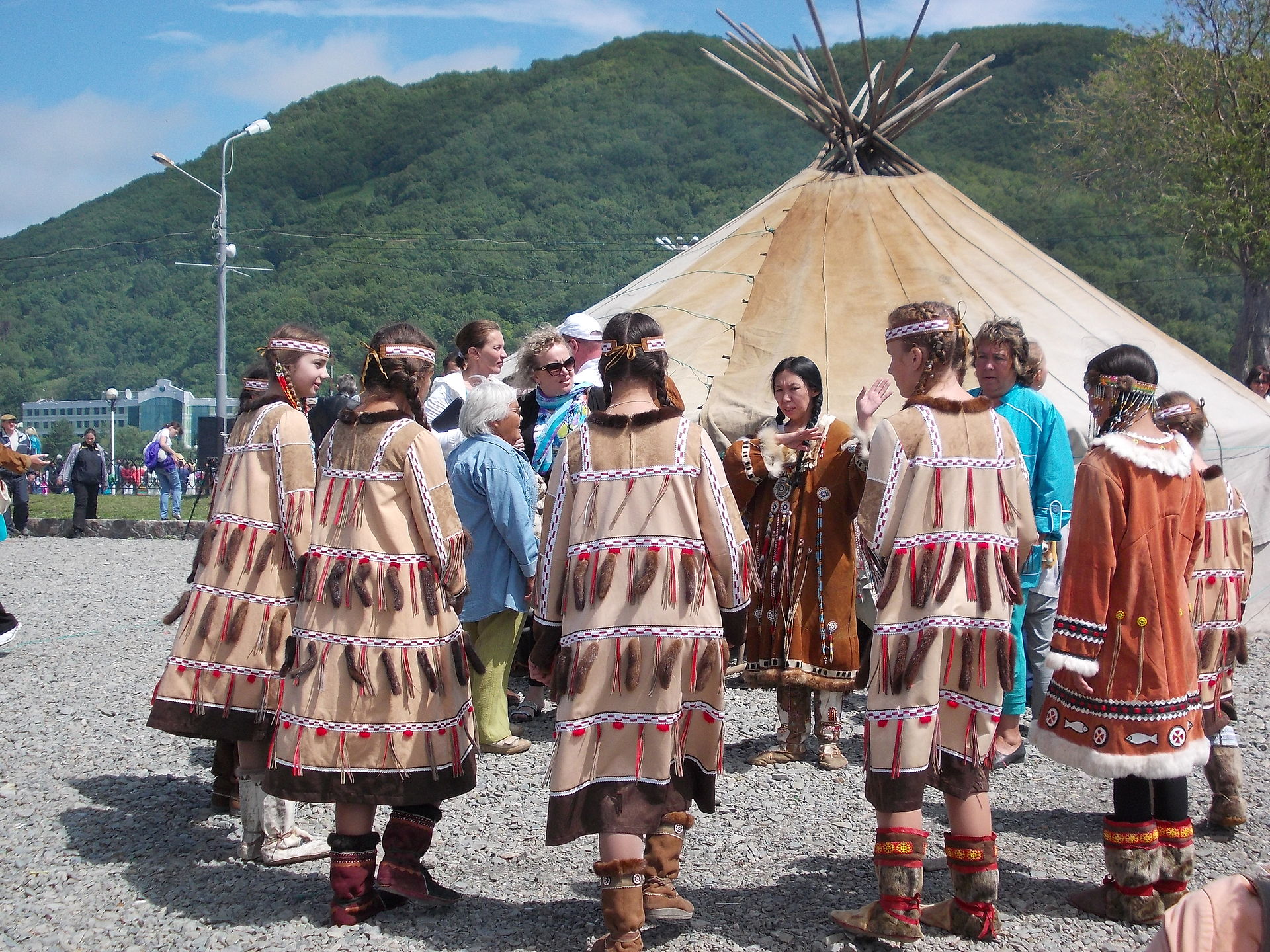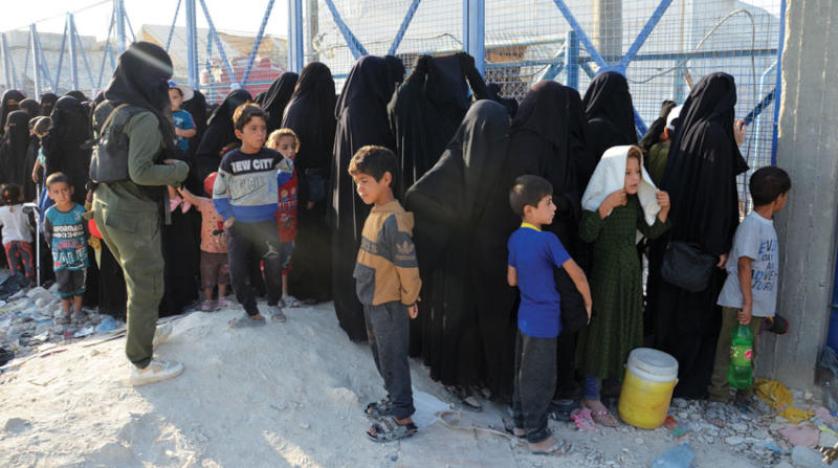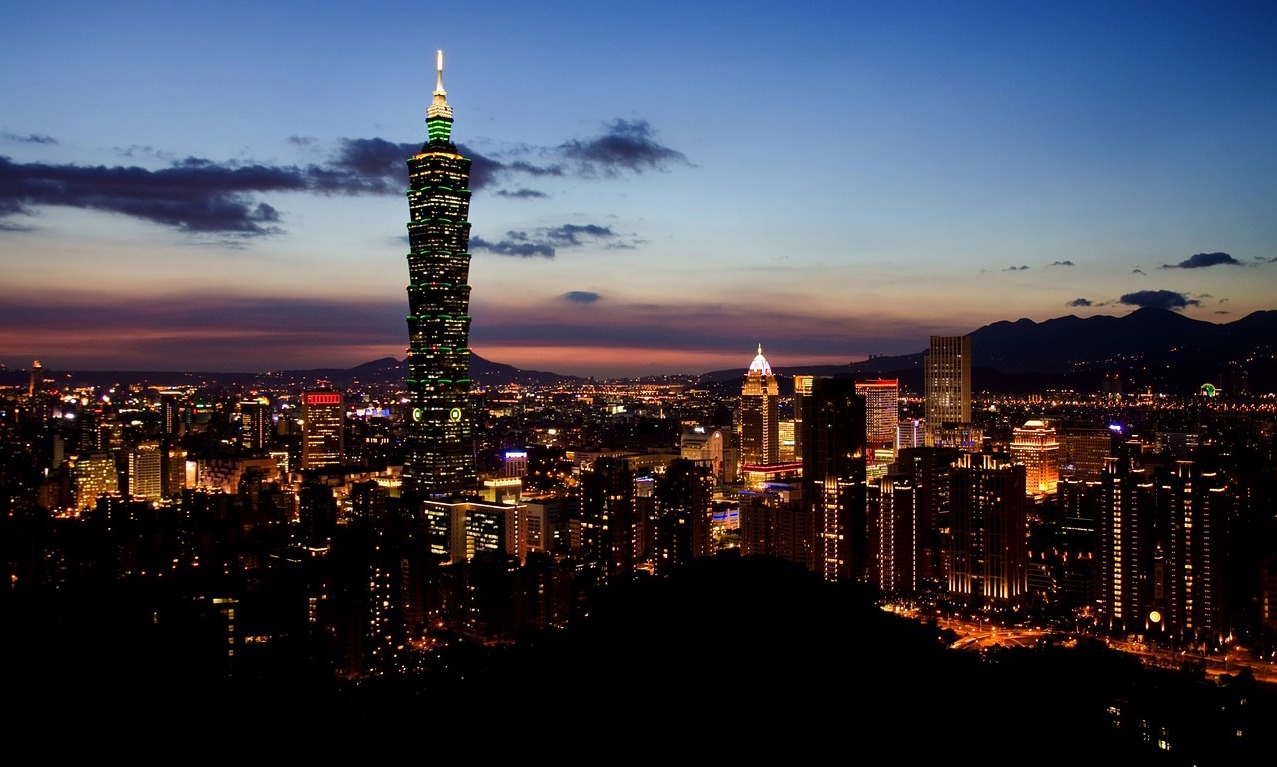
Threat of Arab-Kurdish war in new battle for Syria
With the Syrian city of Aleppo now mostly in rebel hands following a surprise offensive, the danger emerges that Kurdish forces could be drawn into the conflict on the side of Assad dictatorship. Kurdish militias have for years controlled their own enclave within the city, the neighborhood of Sheikh Maqsood. The Kurdish-led Syrian Democratic Forces (SDF) are now trying to open an evacuation corridor between Sheikh Maqsood and the Kurdish-held town of Tal Rifaat to the north. An evacuation of Tal Rifaat itself to Kurdish-held areas to the east is also being prepared. This effort is being blocked by one of the rebel militias, the Turkish-backed Syrian National Army (SNA), with clashes between the two forces reported. The SNA has been repeatedly implicated in abuses against the Kurdish population in areas it took from SDF-aligned forces in a 2019 offensive. This offensive drove the SDF into a tactical alliance with the Assad regime—although this alliance has repeatedly broken down over the regime’s rejection of the SDF’s principal demand of Kurdish autonomy. (Map: Google)



